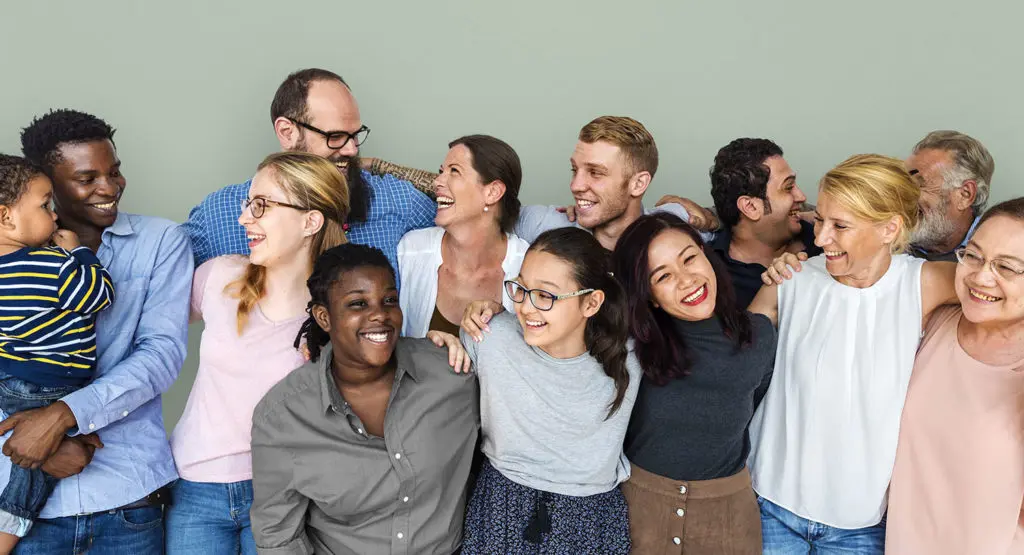
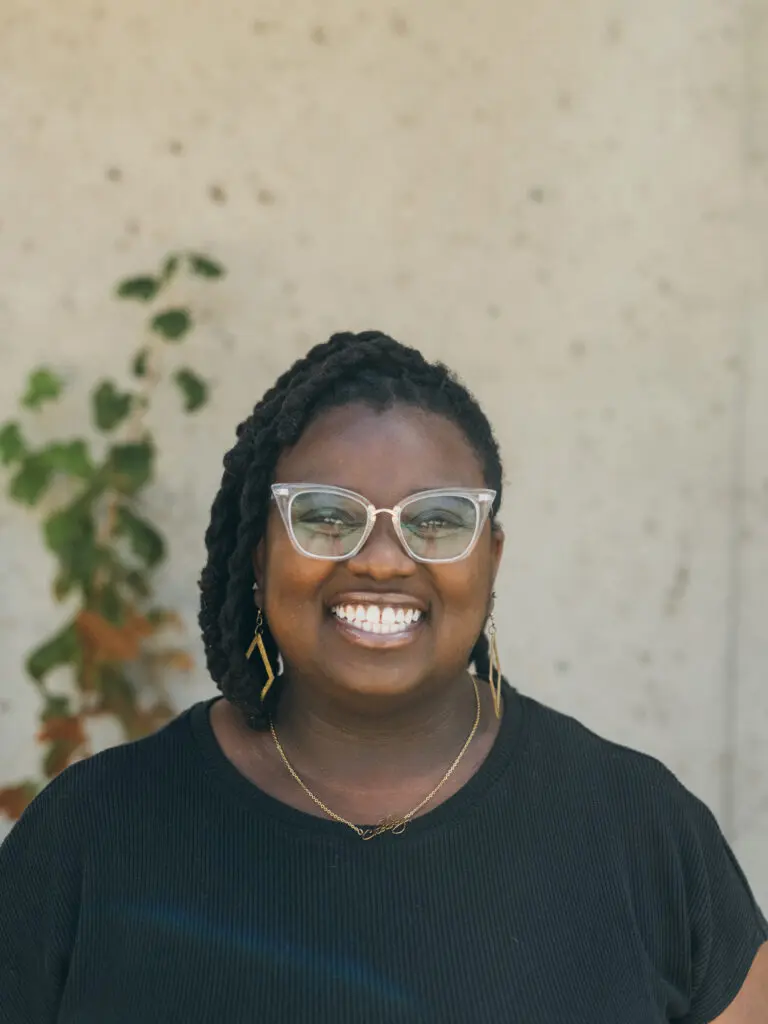
Chelsey R. Carter, PhD, Professor, Yale University
Dr. Chelsea R. Carter is an Assistant Professor of Public Health in the Department of Social and Behavioral Sciences at Yale University, with a secondary affiliation in the Department of Anthropology. Her areas of expertise include medicine, public health, and race, and her research program examines how scientific knowledge production, clinical care, and systemic marginalization impact historically underrepresented communities affected by neurodegenerative diseases — like ALS — and genomic medicine. Dr. Carter is also undertaking a book project that includes an ethnographic study of the diverse experiences of living with ALS, drawing on over 15 years of experience with Black communities affected by ALS. Her scholarship has been funded by numerous distinguished foundations including the National Science and Andrew Mellon foundations. She has served as an Executive Board Member for the Society for Medical Anthropology and is a current working group member for the NIH/NINDS Strategic Plan on ALS and the National Academies’ (NASEM) Amyotrophic Lateral Sclerosis: Accelerating Treatments and Improving Quality of Life study.
Dr. Carter was a Presidential Postdoctoral Research Fellow at Princeton University. She received her bachelor’s degree in anthropology with a minor in Spanish from Emory University. She earned a doctorate degree in sociocultural anthropology, a master’s in public health, and a certificate in women, gender, and sexuality studies from Washington University in St. Louis, Missouri.
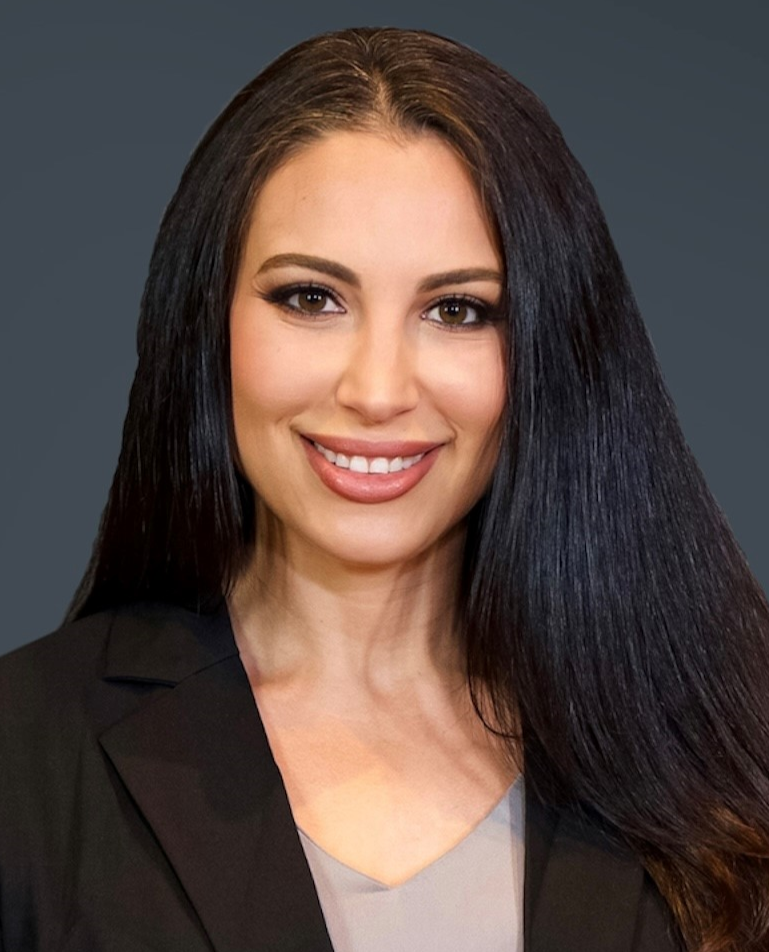
Melanie Lendnal, Esq., Senior Vice President of Policy and Advocacy, ALS Association
Melanie Lendnal is the Senior Vice President of Policy and Advocacy at the ALS Association, where she leads the organization’s public policy efforts to make ALS a livable disease while working to find a cure. Before joining the ALS Association, Lendnal built and led the state government affairs team at the American Kidney Fund.
In her previous roles, Lendnal spearheaded national campaigns at various nonprofit organizations to combat hate groups, hunger, homelessness, human trafficking, and animal cruelty. To date, her campaigns have led to the passage of more than 200 state laws, over 400 local ordinances, one executive order, five federal laws, and the finalization of dozens of federal rules.
Lendnal began her career as a journalist at Meet the Press and Dateline NBC before becoming an Emmy award-winning reporter at several television stations across the country. A licensed attorney in the state of Maryland, Lendnal academic accolades include a law degree from the University of the District of Columbia David A. Clark School of Law, and a Bachelor of Arts degree in political science from Tufts University. She lives in Maryland with her husband, daughters, and two dogs.
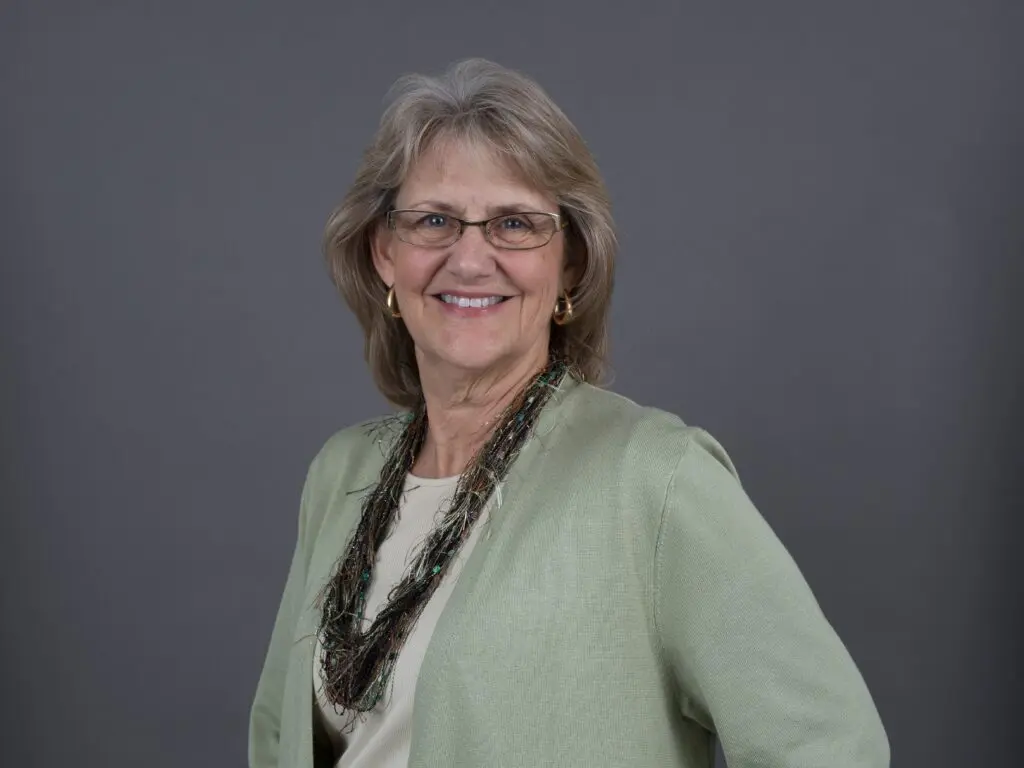
Kim Maginnis, Senior Vice President, Care Services, ALS Association
Kim Maginnis has worked in health care for more than four decades and clearly understands the responsibilities of helping people who are facing extremely difficult medical and psychological situations. Currently the Senior Vice President of Care Services at the ALS Association, Maginnis has held positions at the Veterans Administration Medical Center in Boston, Massachusetts, and the VA Central Office in Washington, DC. She has HMO experience through her work with Harvard Community Health Plan. Prior to joining the ALS Association, she worked at Inova Health System as the Senior Director of Corporate Health Services, Urgent Care Centers, and Employee Occupational Health.
Some of Maginnis’ key accomplishments in these roles include developing successful, collaborative relationships, achieving income targets while managing risk and achieving strong operational controls, developing strategic business plans that yielded defined financial and operational successes, and adapting programs to achieve impact and outcomes.
Maginnis holds a Bachelor of Science in Hospital and Health Services Administration from Ithaca College and an MBA in Business Administration/Finance from American University. She also has advanced certificates in Human Resource Management from George Mason University and Project Management through Georgetown University.
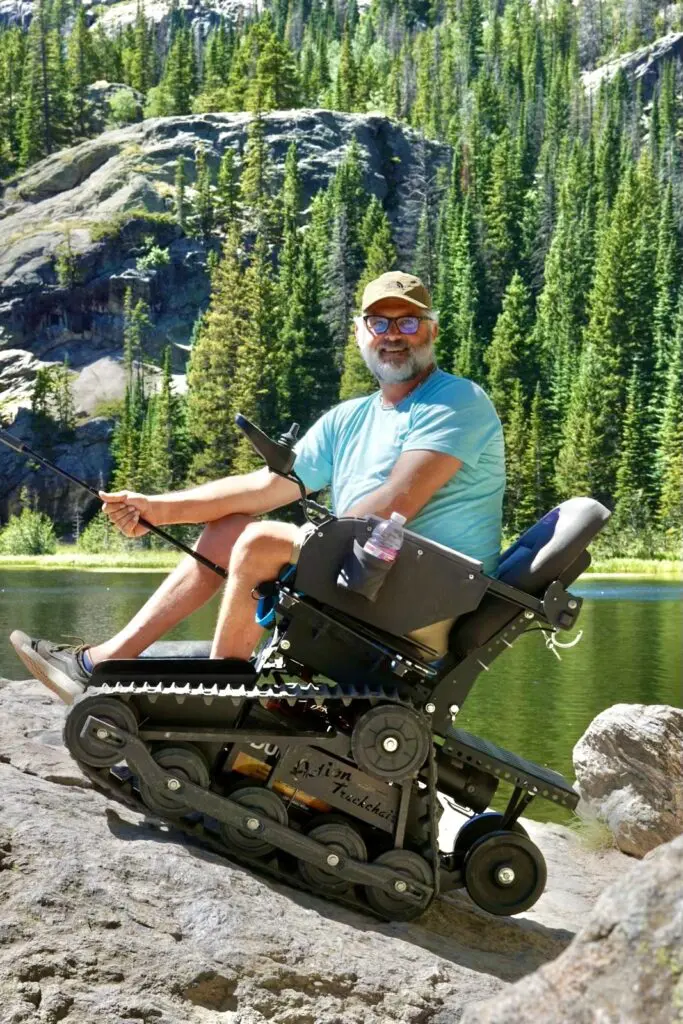
Michael J Robinson, MD
Dr. Michael J. Robinson has an extensive career in the pharmacy industry. Since his ALS diagnosis in 2015, Dr. Robinson has advocated for the ALS community with several ALS organizations and presently sits on several clinical trial patient advisory committees. Dr. Robinson is a panel member for the Department of Defense Congressionally Directed Medical Research for ALS. He has a keen interest in advocacy in clinical trial design, ALS outcomes, and the brain communication interface. He has served as Vice President for Global Therapeutic Areas and Vice President and Head of U.S. and Puerto Rico Medical Affairs, leading a team of 400 people. During his career, Dr. Robinson joined Eli Lilly and Company as a clinical research physician — maintaining leadership roles while leading the organization’s clinical drug development teams in psychiatry. A former associate professor at Queen’s University in Kingston, Ontario, Canada, he has published 28 papers, two book chapters, and has given numerous presentations around the world.
During his career in the pharmaceutical industry, Dr. Robinson developed and launched many drugs across a range of therapeutic areas. He studied medicine at
Queen’s University, specializing in adult, child, and adolescent psychiatry. He completed a fellowship in Psychosomatic Medicine at Virginia Commonwealth University.
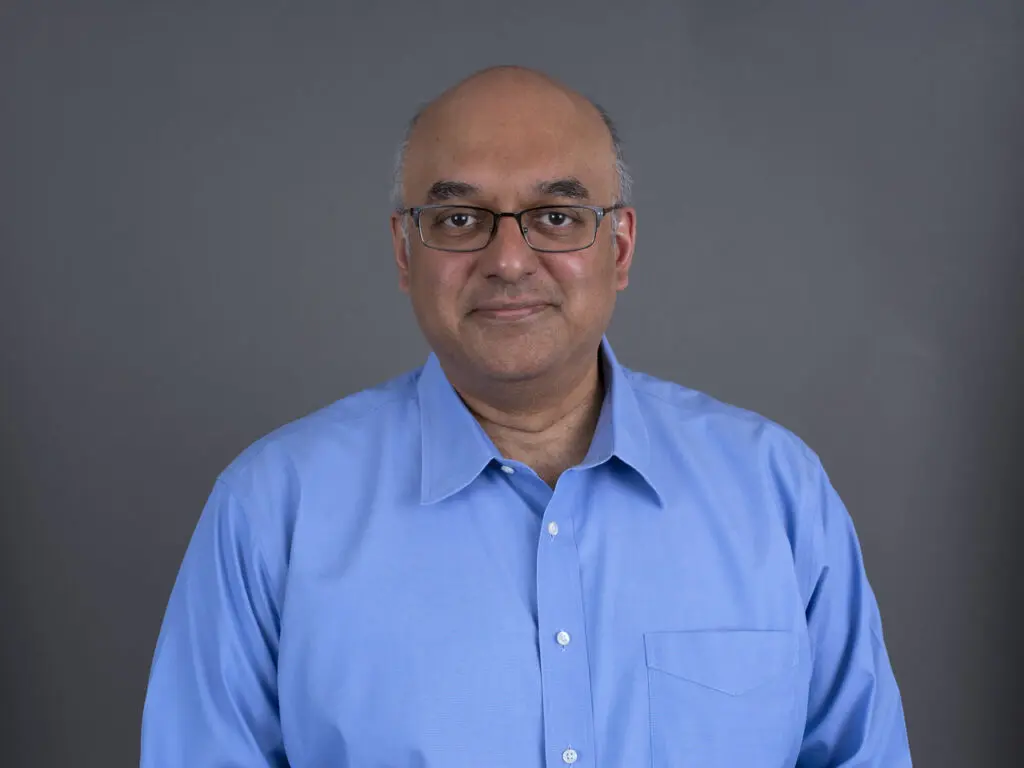
Neil Thakur, PhD, Chief Mission Officer, ALS Association
Dr. Neil Thakur brings more than two decades of experience as a public health expert to the fight against ALS. He has led the ALS Association’s mission programs — research, care services, and advocacy — since 2018. Before joining the Association, Dr. Thakur served in the National Institutes of Health (NIH) Office of the Director where he managed the world’s largest policy to make research papers free to read, and co-chaired the White House taskforce that led to the requirement that all federal science agencies adopt similar policies. He also spent a year on detail to the U.S. Senate Special Committee on Aging and served in the Office of Research and Development at the Department of Veterans Affairs.
Dr. Thakur has received numerous federal awards, including the Secretary for Health and Human Services’ award for Meritorious Service. He holds a doctorate degree in health policy from Yale University School of Public Health.